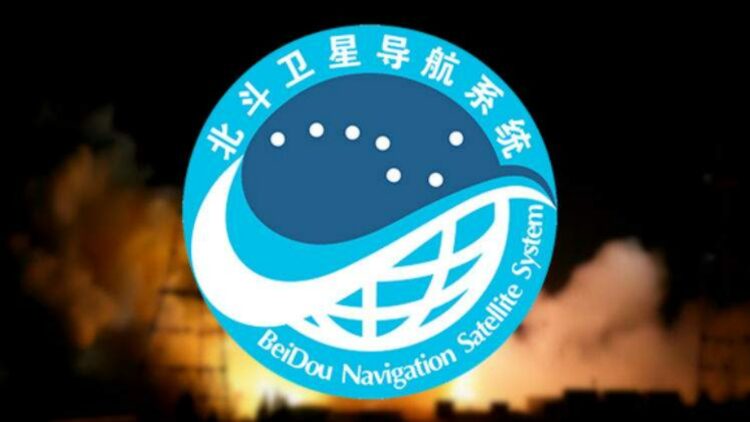NASA confirms it—Hubble captures a spiral galaxy teeming with newborn stars, and the sight is dazzling
Confirmed – Social Security will deliver payments of up to $2,831 in June to those over 62 who meet these requirements
Lafayette Federal Credit Union cyberattack – faces multiple class action lawsuits over serious data breach
China has just published the data for its BeiDou satellite navigation system for 2024
and hold on, because what seemed like a simple technological balance sheet is actually a reflection of the geopolitical power of a country that has managed to build a reliable alternative to GPS in just two decades!
BeiDou began as a military project in the 1990s, but has now become the cornerstone of an Asian country’s technological and diplomatic strategy, being recognized by the UN (United Nations) as a global navigation provider.
And wait!! It has not only broken the dependence on the United States for satellite navigation, but it has also convinced 140 countries to join its network!!! This is not only important for engineers, but a clear example of how China has learned to reduce its technological vulnerabilities. Want to know more?
The rise of BeiDou
Let’s start at the beginning by giving some figures. The magnitude of BeiDou is quite impressive!!
This Chinese satellite navigation sector billed more than $79.9 billion in 2024, a growth of 7.4% compared to 2023, incredible, huh?
This system processes more than one trillion location requests per day and guides four billion kilometres of navigation every day, wow!!!
More than a Chinese GPS
Even it began as a military project, BeiDou is now a pillar for the Chinese economy and its foreign policy. Moreover, it is estimated that 288 million Chinese mobile phones already have BeiDou integrated and that the system offers coverage on 99% of the country’s urban and rural roads with a lane-level precision that goes far beyond that of conventional GPS.
A network expanding globally
Okay but wait, BeiDou has not displaced GPS as the global standard (for now) but 140 countries already use it. That said, they have not adopted it as the sole substitute for GPS, but as a complement:
- In Africa, more than 30 nations have installed reference stations to use precision agriculture, water management, and meteorology services.
- In Latin America, ports such as Chancay in Peru integrate BeiDou into their smart navigation systems.
- And in Asia and the Middle East, the Chinese constellation strengthens transportation and logistics services in regions where US coverage is weaker.
A very powerful second option
Of course GPS is still the dominant in satellite navigation, we have no doubts about it, but BeiDou has offered many countries the chance to reduce their dependence on the United States… Especially in regions where GPS coverage is not as reliable… So, they are gaining ground little by little!
This way, China has turned the need for coverage into an incredible opportunity to offer its own network, with better reach in the southern hemisphere especially.
The key: technological independence
China’s strategy has not been to defeat GPS, but to create its own option so as not to depend technologically on anyone. But this is not new (not at all), it has already been seen in the development of Huawei, 5G networks or in the renewable energy industry, don’t you think so?
China always goes one step ahead in innovation as you may see, and, therefore, BeiDou is a symbol that China builds its technological future without bowing to Western interests!
It works as a diplomatic weapon?
It could be… BeiDou has become an instrument of foreign policy. Now, the United States can no longer cut off China’s access to satellite navigation systems, something that used to be a strong card in moments of diplomatic crisis. It’s a good response on China’s part, right?
And the best thing is that China has no intention of stopping here!
What else now? BeiDou is only the beginning of a global expansion that includes artificial intelligence, communication networks, and green energy. With each step it takes, China is not only advancing economically, but also in its political and diplomatic influence. What’s next in the future?




